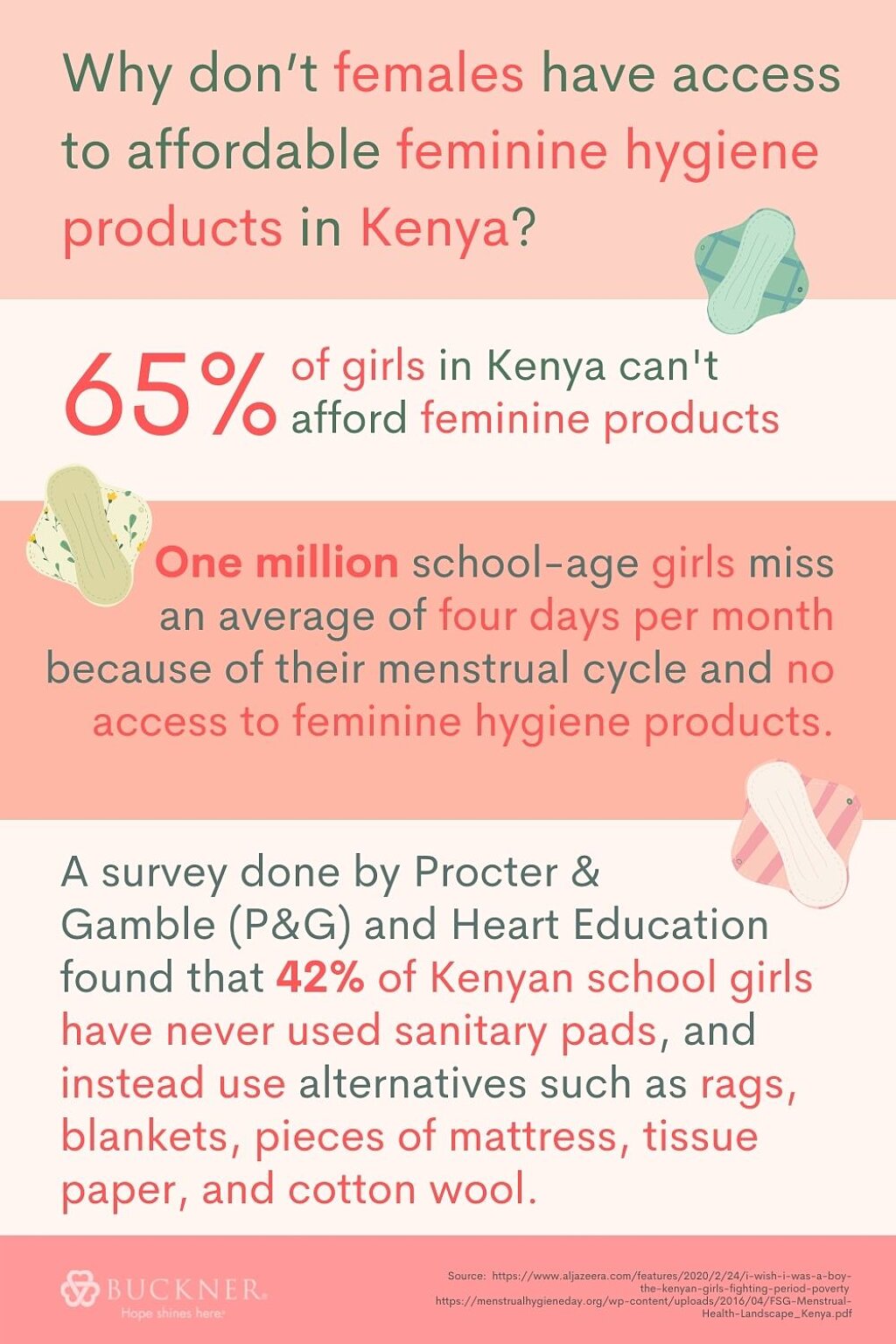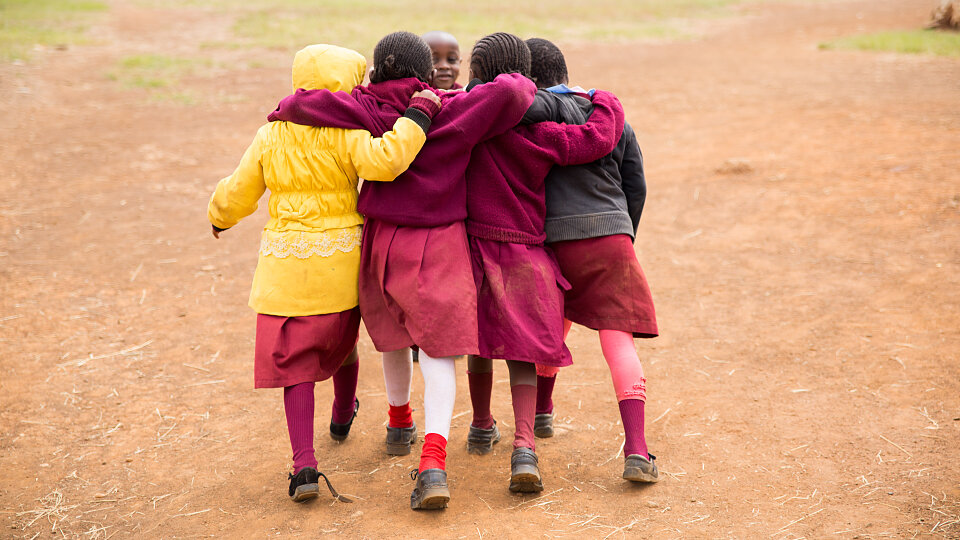On any given day there are any number of worries that may cross a female’s mind … but should one of those worries be about having access to affordable and sanitary feminine hygiene products? In 2022, likely not; yet, this is the case in some parts of our world.
Period poverty occurs when females do not have access to adequate supplies of feminine hygiene products for their monthly menstruation needs. Menstruation may not be a topic many people want to discuss; however, it is a natural biological human process girls and women experience and recurs monthly regardless of conversational discomfort.
Period poverty affects more than just a lack of access to sanitary, disposable or reusable female health products. Period poverty indicates when a female does not have access to education, products or equality due to menstruation. There’s more to the story as well, such as overcoming cultural stigmas and general female inequality in countries that further impact a female’s ability to rise above poverty.
Why is period poverty an issue?
Females in certain countries do not have access to basic feminine hygiene products, like pads and period underwear. This may be due to a lack of income, gender inequality in a household or community, or lack of understanding about menstruation.
Additionally, some females may not have in-home plumbing and must use outdoor facilities. This creates another issue of access to clean water, sanitation systems and an increased chance of physical assault when using outdoor facilities.
Some women may not give their time of the month a passing thought as far as products, having modern plumbing systems or changing a pad in private. But this is not the case in other countries outside the United States. Feminine hygiene products cost more in places like Kenya and Latin American countries, and when females are already struggling to earn a living wage to help support their families, there may not be leftover money to buy basic supplies like pads or underwear.
What can be done to help international girls and women affected by period poverty?
First, we need to address an urgent need in Kenya. Buckner International launched a campaign on International Women’s Day to help source female sanitary products to the Buckner Center for Humanitarian Aid that will be shipped to the Buckner Family Hope Center in Kenya during the summer of 2022.
This is not a one-time need, though. Buckner is also exploring other opportunities for a long-term solution to help women “keep” consistent access to these basic products.
What are some of the statistics on period poverty?
- 65% of females in Kenya are unable to afford sanitary pads.
- One million school-age girls miss an average of four school days per month because of their menstrual cycle and no access to feminine hygiene products.
- A survey done by Procter & Gamble and Heart Education found that 42% of Kenyan school girls have never used sanitary pads and instead use alternatives such as rags, blankets, pieces of mattress, tissue paper and cotton wool.
What can I or my church, women’s group, business or organization do to help girls and women who are impacted by period poverty?
There is a long way to go to help improve the situation for young girls and women who are challenged monthly when it comes time for their periods. Having access to sanitary products is just part of the bigger equation. The problem is much deeper and will require a lot of work to impact change. For now, the immediate goal is to help provide feminine hygiene products to females serviced by the Buckner Family Hope Center in Kenya so school-age girls do not miss classes and working-age women do not miss out on earning potential.
If you would like to help with the urgent need of girls and women serviced by Buckner through international programs, you can conveniently contribute products listed on our Amazon Wish List that will be combined into a larger shipment from the Buckner Center for Humanitarian Aid to our staff in Kenya and later to other countries. Please note, we are not accepting tampons or other insertable products – only pads and period underwear. You may also make a financial donation.
Please follow along with this topic and help spread the education to end period poverty.





Comments